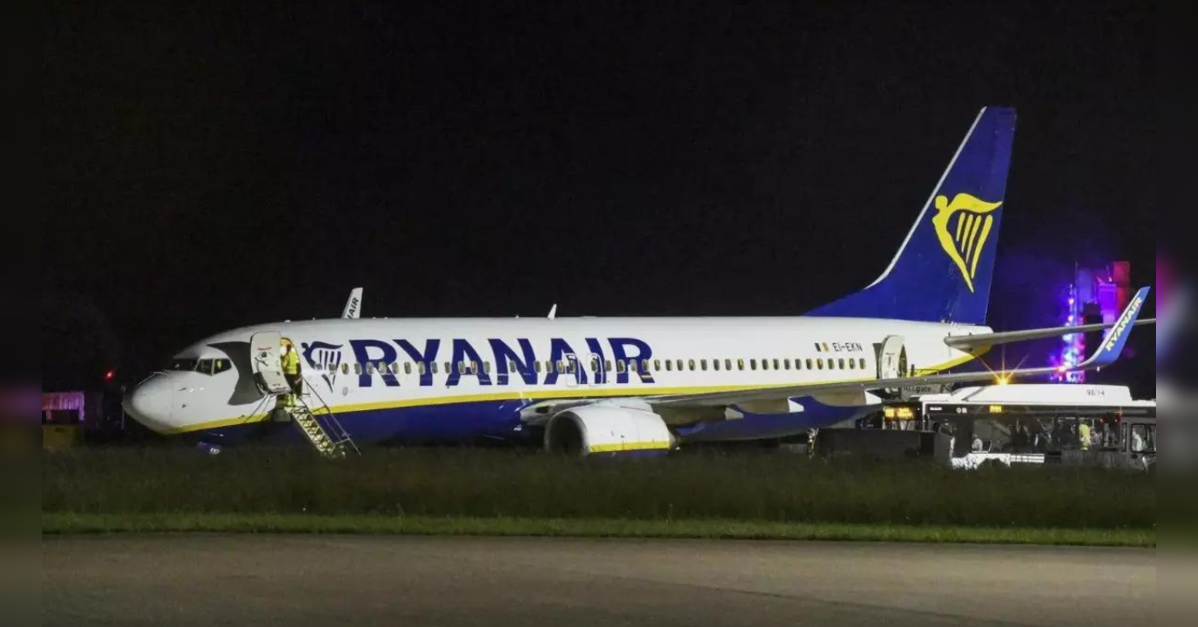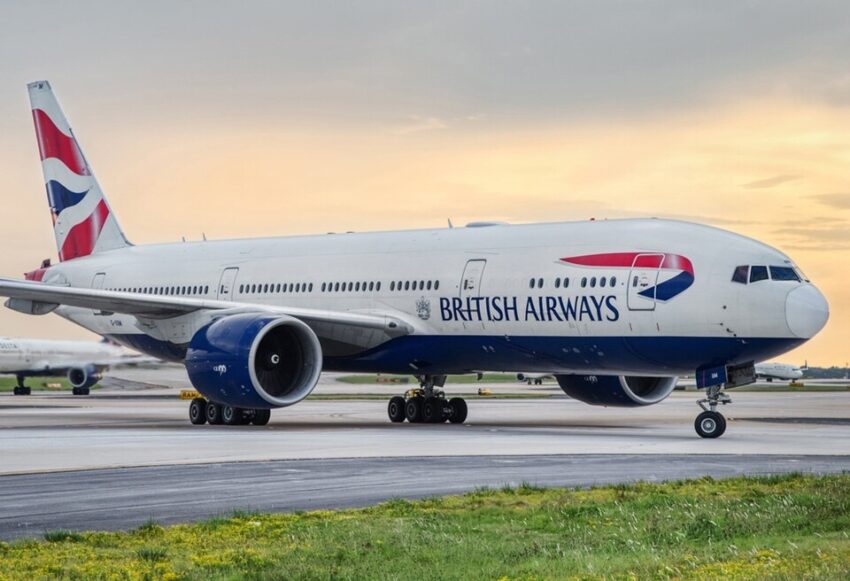British Airways and EcoCeres Partnership to Boost SAF Supply - Travel And Tour World
Monday, June 30, 2025

British Airways (BA)has entered into a significant, multi-year agreement with alternate aviation fuel firm EcoCeres to augment its supply of sustainable aviation fuel (SAF). The contract is in alignment with the ambitious environmental targets of BA, particularly the goal of powering 10% of its planes by 2030 using SAF. The contract is significant for the company in meeting its goal of reducing its carbon footprint and achieving net-zero carbon emissions by 2050.
The deal between BA and Hong Kong-based EcoCeres will see the airline reduce carbon emissions by approximately 400,000 metric tonnes over the lifecycle of the SAF compared to traditional kerosene-based jet fuel. According to EcoCeres, this reduction is equivalent to the emissions generated by 240,000 economy class passengers traveling on round-trip flights between London and New York.
The partnership is a key part of British Airways’ broader sustainability strategy. The airline has already made significant strides in using SAF, with 2.7 percent of its total fuel use in 2024 coming from sustainable sources. Carrie Harris, BA’s Director of Sustainability, highlighted the importance of SAF in the airline’s ongoing efforts to reduce its carbon intensity. Since 2019, British Airways has successfully reduced its carbon intensity by 13 percent, with SAF playing a crucial role in achieving that target.
“In 2024 alone, SAF accounted for 2.7 percent of British Airways’ total fuel use and is contributing to our achievement of a 13 percent reduction in our carbon intensity since 2019,” Harris said in a statement. She further emphasized the significance of the EcoCeres deal, calling it “another important step forward on our journey to reach net-zero carbon emissions by 2050.”
The British Airways-EcoCeres agreement comes at a time when the aviation industry is facing increasing regulatory pressure to reduce its environmental impact. As part of efforts to curb aviation emissions, governments worldwide, including the UK and EU, have introduced mandates requiring airlines to incorporate at least 2 percent SAF into their total fuel mix by 2025. This regulation aims to accelerate the adoption of SAF across the aviation industry, pushing airlines toward cleaner, more sustainable fuel options.
The growth of SAF is considered a crucial part of the aviation industry’s efforts to reduce its overall carbon emissions. Unlike traditional jet fuel, which is derived from fossil fuels, SAF is produced using renewable resources, including waste oils and agricultural residues. As a result, SAF can reduce lifecycle carbon emissions by up to 80 percent compared to conventional jet fuel.
EcoCeres, which operates a processing facility for alternative aviation fuels in Jiangsu, China, is a key player in the development of SAF. The company’s commitment to sustainability and innovation is reflected in its partnership with British Airways, which helps both companies contribute to the broader aviation industry’s environmental goals.
Matti Lievonen, CEO of EcoCeres, expressed the company’s dedication to sustainable fuel production. “Our commitment to sustainability is unwavering, and this partnership exemplifies our dedication to providing innovative fuel solutions that will help the aviation industry meet its environmental targets,” Lievonen said. EcoCeres’ facilities in China are focused on producing SAF using sustainable methods, which significantly reduce emissions when compared to traditional aviation fuel.
In addition to the EcoCeres deal, British Airways is backing several other SAF production initiatives globally. One such initiative includes supporting facilities in the UK and the United States operated by LanzaJet, a leading specialist fuel company. LanzaJet’s facilities focus on producing SAF using a technology that converts sustainable feedstocks like ethanol into aviation fuel.
This diversified approach allows British Airways to expand its SAF sourcing capabilities and ensures that the airline has access to sufficient quantities of sustainable fuel to meet its growing fuel demand as it strives to meet its sustainability goals.
British Airways is not alone in its pursuit of SAF. The entire aviation industry is shifting towards alternative fuel solutions to meet sustainability targets set by governments and international aviation organizations. British Airways’ commitment to SAF and carbon reduction forms part of its broader ambition to achieve net-zero carbon emissions by 2050. As the airline industry continues to evolve, SAF is expected to play an increasingly important role in achieving this goal.
The partnership with EcoCeres is just one part of British Airways’ multi-faceted approach to becoming more sustainable. In addition to SAF, the airline is investing in more fuel-efficient aircraft, exploring carbon offsetting options, and working to reduce waste and improve operational efficiency.
The EcoCeres/British Airways agreement is significant in the company’s drive to reduce the environmental footprint of the business and to inspire the industry to be greener. Through the expansion of its SAF supply chain and reduction of emissions through innovative partnerships, British Airways is taking leadership in driving the industry to shift to greener practices. It is good for the business and customers but also fits within broader initiatives to address climate change and to reduce emissions worldwide.
This joint venture will undoubtedly create the precedent to inspire additional carriers to take the same path to cleaner, greener flying fuels, pushing the world further towards cleaner flying.
«Enjoyed this post? Never miss out on future posts by following us»
Tags: ‘The Amazing Race China', Aviation industry, british airways, Carbon emissions reduction, China; Aviation Industry Sustainable Aviation Fuel (SAF), EcoCeres, Hong Kong, jiangsu, london, net-zero carbon emissions, SAF, sustainable aviation fuel, sustainable aviation fuel (SAF), UK aviation sustainability, United Kingdom









